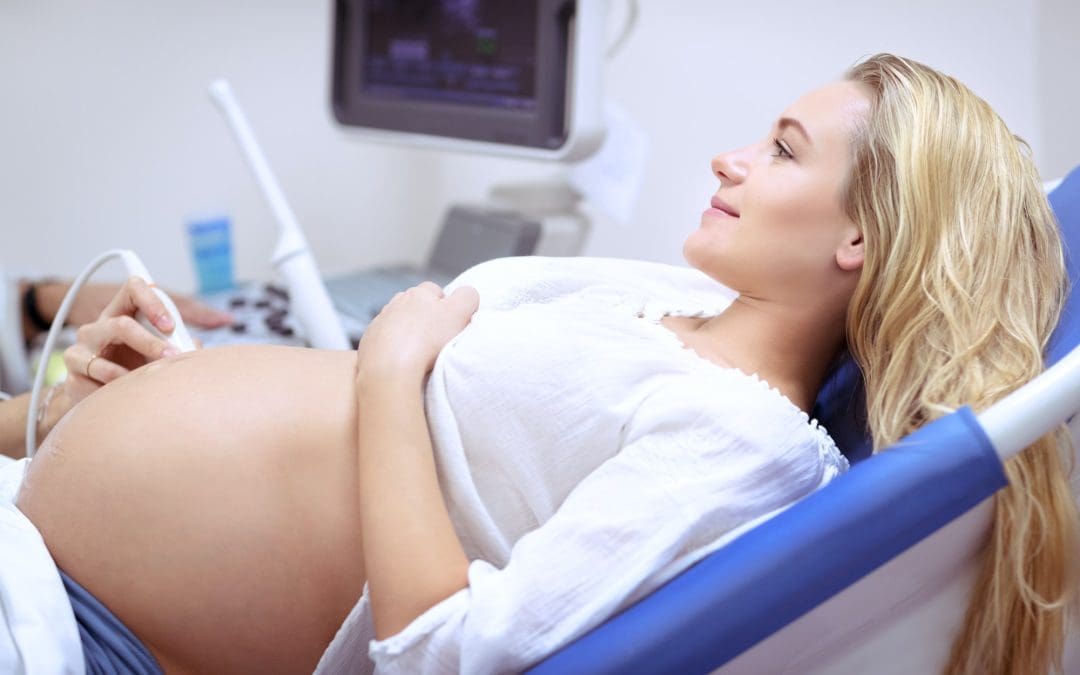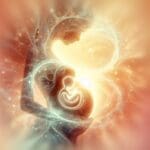One in seven couples struggle to conceive, and this figure is increasing. The world population is in decline, and though the age at which people are having children is on the increase and accounting for some of this, the fertility rates across all ranges, including those in their twenties and thirties, are also declining. Sperm rates alone have halved in the last 40 years. And yet, despite IVF helping some and being necessary in others, it doesn’t address the full spectrum of reasons as to why people are struggling, it doesn’t make people more fertile and therefore isn’t a cure for infertility, and as research is suggesting, it can potentially expose parents and their children to health issues later in life. It also doesn’t necessarily recognise that fertility is a barometer of someone’s overall state of wellbeing and so misses a vital opportunity to look deeper at some of the issues affecting a person’s health and intervene.
At the same time, due to a lack of investment, research and education as well as gender bias globally within our healthcare systems, many women are being left misdiagnosed, misunderstood and mistreated when it comes to their health. More and more are speaking out about the mental and emotional effects of not being listened to and how this has impacted their lives. The approach to women’s healthcare and fertility is fragmented, where a person often isn’t seen as a whole but rather a set of individual autonomous systems that don’t communicate with one another. This is not only not true, but the trauma that has resulted from this is also the same trauma that is contributing to the development of many reproductive conditions. I believe that fertility and wider health needs to be approached through a multidimensional perspective of mind, body and spirit, all coming together to treat the person as a whole, through an endobiogenic approach and a new era of science. The body is a finely tuned symphony of various systems operating in tandem, where the mind is linked with the body and spirit, and our environment is inextricably tied in with our genes.





